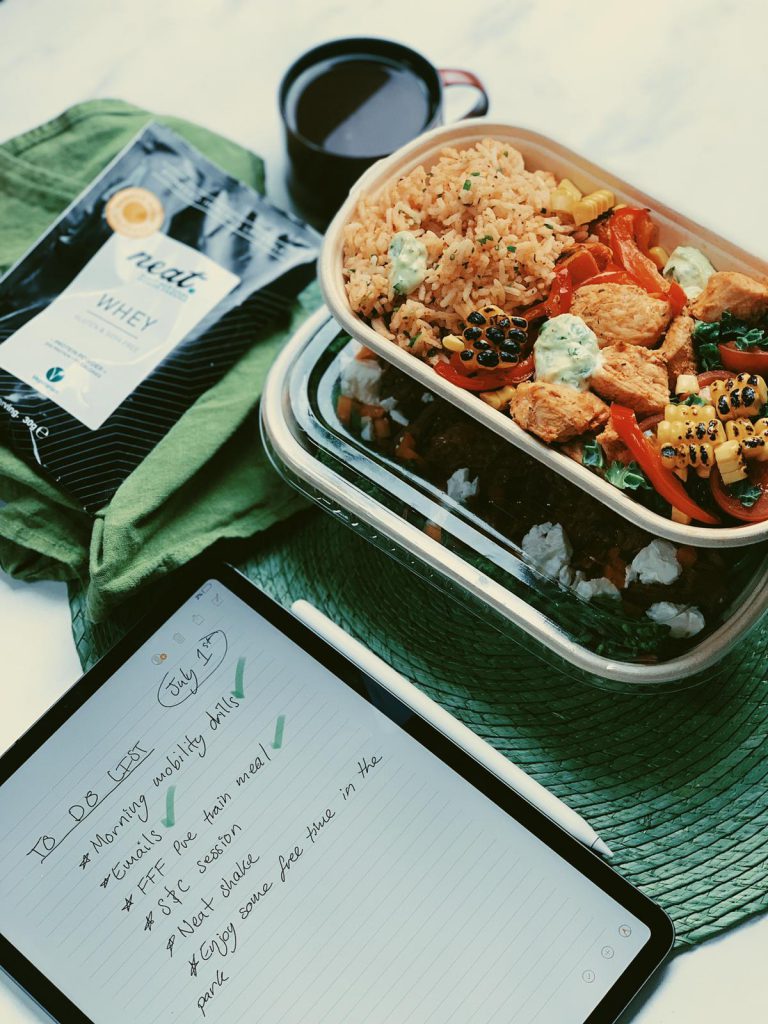Internet Nutrition: Fact or Fiction?

It can be so easy to get swept up by random ‘helpful’ posts on the internet, but it can be challenging to know what is genuine, accurate advice, and what is just scaremongering.
Knowing how to decipher fact from fiction can be an important tool in the realm of social media, so not to be guilted or tricked into following potentially harmful information.
Below is a list of pointers to help identify whether a post or piece of information is genuine or misguided.
- Qualifications. Is the individual posting the information qualified to do so? For example, a BDA-registered dietician, an AfN-registered nutritionist, or a degree in a relevant field.
- Logic. Does the information sound legitimate, or does it not make logical sense? If it seems too good to be true or can be debunked by a quick trip to Google, it is likely not a reliable source of information.
- Realistic. Does the information being posted seem too good to be true? For example, ‘drinking this “detox” juice will make you lose a stone in a week!’ – losing that much weight in a week is not healthy or sustainable!
- Paid. Is the post sponsored/endorsed at all? For example, a celebrity or influencer promoting “detox” products and “quick fixes” – such products are not effective or sustainable and are often just used as a way to make money. Paid Instagram posts and stories have to be declared as an ad or as sponsored (however, not all paid posts are overpromising – let logic dictate!).
- Evidence-based. Is the post based on scientific fact rather than an anecdotal experience? There is nothing wrong with saying ‘this product helped me with this problem, so it might help you too’, as this implies that each individual will react differently to different products, relating to different issues (this is commonly seen with skin-related problems). However, someone stating ‘use this product because it will help you’, disregards that not everyone reacts the same way to things.
A lot of information on the internet can be really helpful, but equally, a lot of information can be harmful. The internet is no longer optional, and so being aware of and knowing how to identify potentially dangerous information can be a handy tool to have!
Fresh Fitness Food provides personalised meals plans delivered straight to your door, ensuring not only that you have the nutrients you need to manage your stress levels, but also that you have the time usually spent shopping, cooking and washing up, to engage in your favourite stress reducing activity. To discuss which nutrition plan is right for you, book a call with our in-house nutrition team here.
Order today and start smashing your goals with personalised nutrition!
Get £50 off a 5-day trial with code: BLOG50
- The Comfort of Tradition: Why We Crave Holiday Foods - December 23, 2024
- Is There a Place for Ultra-Processed Foods in Your Diet? - November 29, 2024
- Tempeh and Quinoa Power Bowl Recipe - November 7, 2024